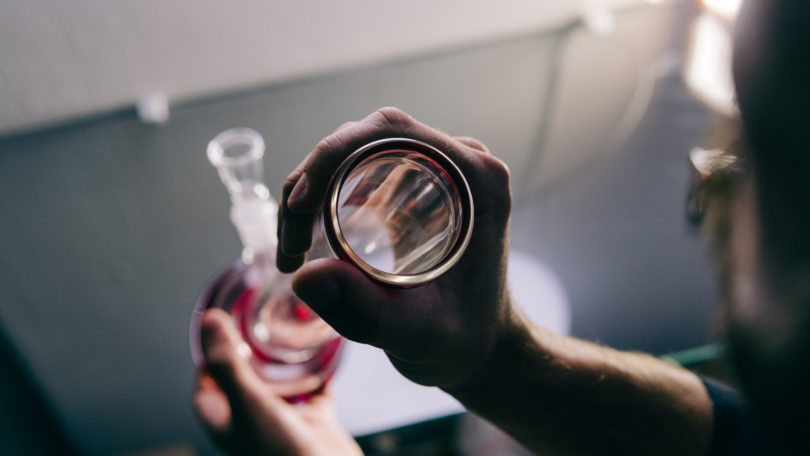With all the talk these days surrounding the alleged medicinal qualities of cannabis, there are those who are interested in the other side of the coin.
Hundreds of thousands of people around the world are regular cannabis users for one reason or another. In more recent years, medical research seems to be proving that this natural herb has some unique health benefits and even healing qualities.
CBD, for example, is one fairly recently isolated compound in the cannabis plant that is thought to help with things like anxiety, pain, and insomnia but without the high or stoned experience. CBD-dominant strains like Charlotte’s Web rose to fame a few years ago, after Charlotte Figi – a little girl with Dravets Syndrome – was able to reduce her epileptic seizures by 50 percent by using CBD.
Even though cannabis was prohibited decades ago, and is still illegal today in most of the world, it’s considered by almost everyone to be less dangerous than tobacco and alcohol – both of which are legal and heavily taxed. These days, most people in the United States have tried cannabis at lease once in their lives – but with mixed results.
Some people feel relaxed and stress-free as their consciousness opens up, and things get cerebral. Then there are others though who experience paranoia, heightened anxiety, and cold sweats. For the most part, the former is the rule and remember that cannabis kills no one, is considered non-addictive and is natural and organic. But what about heavy or long-term cannabis use?

Some people can use cannabis daily and be fine while others have issues
Cannabis is a good alternative to pharmaceutical drugs and can successfully treat a variety of conditions. Some people use it for sleep, others to stimulate appetite, and others just to forget their woes. But when it comes to recreational cannabis, there is a downside; heavy cannabis consumption is not always consequence-free.
While cannabis is believed to be non-addictive on a physical level, it can definitely be psychologically habit forming. That means that some people love it so much they just can’t get enough, thus making it extremely difficult to quit should they ever need to.
The THC in cannabis could affect memory according to some studies. One study, carried out by Professor Reto Auer of the University of Lausanne, Switzerland, found that subjects who took cannabis daily for five years or longer developed a “poorer verbal memory in middle age than people who didn’t smoke, or smoked less .” On top of that, a committee appointed by the National Academies of Science, Engineering, and Medicine found that regular cannabis consumption could lead to social anxiety and depression.
The paranoia that usually comes with novice cannabis smoking is down to changes in sensory perception due to the THC. Lung problems, low testosterone, and changes in appetite are other issues chronic cannabis users might encounter later in life. With all that said, there is equal evidence on the other side to show that cannabis has health benefits for the body and mind.
With all the evidence for and against cannabis, there are recreational cannabis users out there who feel like life has slipped away from them in some regards. Many regular cannabis users hold down good jobs, have families, and take responsibility for their lives. Some, however, feel undermotivated, lose their passion for life, and even struggle with weight issues caused by frequent munchies.
In other words, cannabis affects different people in a range of ways. Some people use cannabis all day every day and function fine. Others can barely even remember what day it is or what the reason was that they just walked into the kitchen. If used in good measure, as part of a wellness regime or even for meditation, cannabis can have wonderful effects. But when abused and used wrong, cannabis can be a drug in many ways – just like any other.









